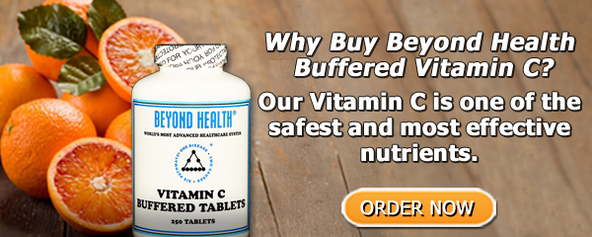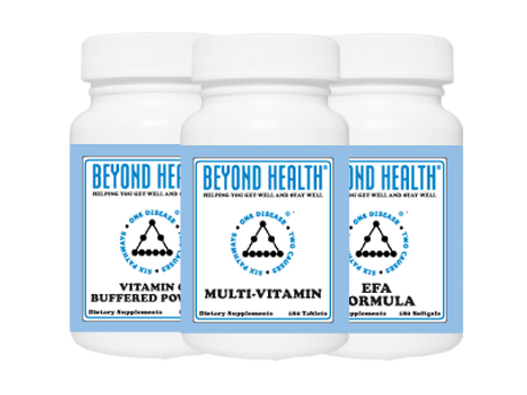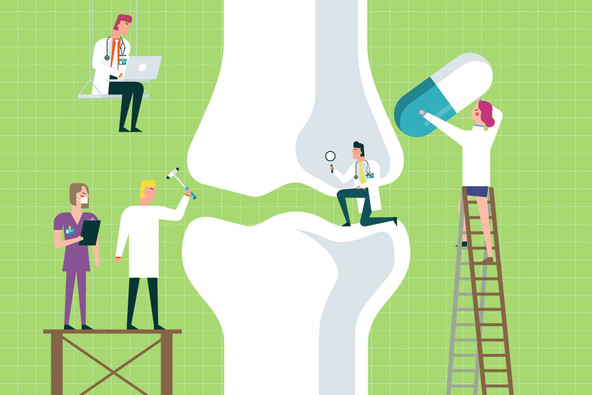Jan 23rd 2024
I have a six-year-old son who has just tested positive for a skin TB test. I am not happy with the antibiotic treatment recommended by the doctor, and I am looking for other options.
First you have to determine if any treatment is needed. The skin reaction could be a false positive and no treatment is required. The first thing to do is ask for a blood test. Ask to have a MELISA test. If the test is negative, there is no need for further action. If the test is positive, then you need to look further. If there is an active infection, then there are a variety of treatments available that do not involve dangerous prescription drugs like antibiotics. Vitamin C is always essential, and treatment with intravenous vitamin C would be one option to consider. Another option is vitamin D. A study in Indonesia cured 100 percent of the patients, with several forms of active tuberculosis, by using 10,000 IU per day of vitamin D. Another option would be to find an M.D. who uses Photoluminescence Therapy (UBI treatment of blood). This involves removing some blood, exposing it to ultraviolet light, and putting it back in the body. In the early days when this therapy was develo…
read more Fuel your life with the purest vitamins
Fuel your life with the purest vitamins










